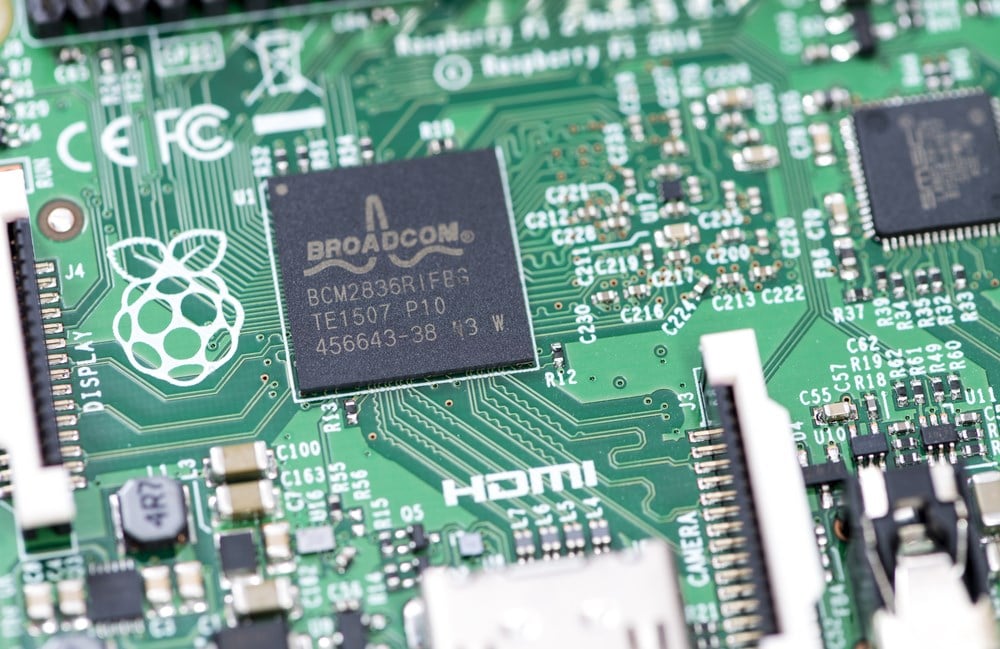Financial News
More News
View More
2 Stocks to Avoid as Crypto Momentum Wanes ↗
Today 10:51 EST
3 Dividend Growth Stocks Analysts Are Upgrading for 2026 ↗
Today 9:23 EST
These 3 Banks Are Rallying Into Year-End, But Will It Continue? ↗
December 20, 2025
This ETF Caught a Major Tailwind After the Fed’s Rate Cut ↗
December 20, 2025
Recent Quotes
View More
Stock Quote API & Stock News API supplied by www.cloudquote.io
Quotes delayed at least 20 minutes.
By accessing this page, you agree to the Privacy Policy and Terms Of Service.
Quotes delayed at least 20 minutes.
By accessing this page, you agree to the Privacy Policy and Terms Of Service.
© 2025 FinancialContent. All rights reserved.









